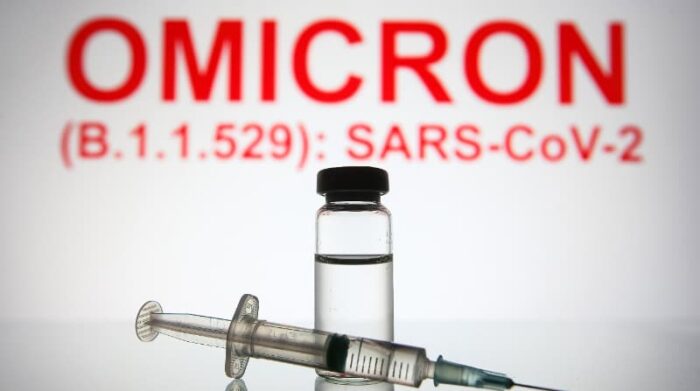The world trembles at the spread of Omicron , but from South Africa, Dr. Angelique Coetzee , president of the South African Medical Association and the first to warn of the new variant of coronavirus, assures that so far infected patients have presented very mild symptoms .

” What we are seeing now in South Africa, and remember that I am at the epicenter , is extremely mild,” he said on Andrew Marr’s program on the BBC in connection from Pretoria. “We have not hospitalized anyone yet. I have spoken with other colleagues and the picture is the same, “he added.
The first patient with the Omicron variant seen by Dr. Coetzee on November 18 was a 30-year-old who had “ a bit of a headache , I didn’t really have a sore throat, she described it more as an itch , no cough no loss of taste or smell »
Both the patient and his relatives tested positive for Covid, but all had “very, very mild” symptoms. After seeing more patients with these characteristics that did not fit the delta variant, Coetzee alerted the Ministry of Health’s vaccine advisory committee.
The South African authorities reported the new variant to the World Health Organization on Wednesday, which declared it a ” variant of concern ” on Friday . However, this Sunday night the international organization updated the available information and pointed out that the level of transmissibility of it is still unknown . “Epidemiological studies continue and although the level of infections is high in South Africa, it is too early to determine its virulence,” they explain.
The low percentage of vaccination in Africa facilitates the resurgence of new variants has repeatedly warned the WHO. However, determining the severity of Omicron may take days or even weeks . To avoid severe symptoms of this disease, the body insists on respecting prevention measures.
Although studies suggest a higher risk of reinfection with Omicron than with other variants, the WHO is still evaluating its possible impact on treatments . For now, vaccines are effective, insists the UN health agency, to prevent serious cases of disease.
Faced with the uncertainty, several countries have begun to shield themselves against the fear of a rapid spread of Omicron.

